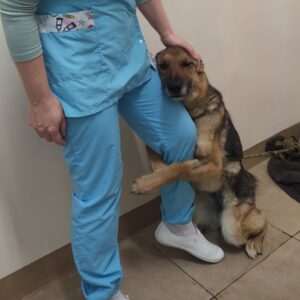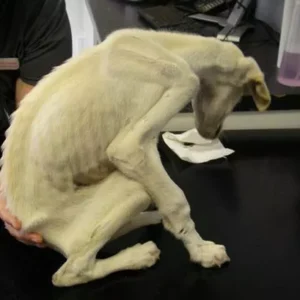
The process usually involves contacting a local animal shelter or rescue organization to express interest in fostering. Organizations have adapted their procedures to minimize contact, implementing online applications, virtual interviews, and curbside pickup or delivery of foster pets. These measures ensure the safety and well-being of both host families and shelter staff.

Foster families play a crucial role in caring for pets until a permanent home is found. They provide food, shelter, exercise and companionship, helping animals thrive and stay healthy during their stay in foster homes. Fostering also creates space in shelters, allowing them to house more animals in need. 
While practicing social distancing, foster families can connect with the shelter or rescue organization via phone calls, video chats, or email for any necessary support or guidance. Many organizations also offer virtual training sessions and resources to ensure foster families have the knowledge and tools to properly care for animals.
Fostering a pet during the pandemic not only provides temporary relief to shelters, but also offers companionship and emotional support to individuals and families who may feel isolated or alone. Pets have been shown to reduce stress, improve mental health, and promote a sense of purpose and routine. 
As the pandemic continues to impact communities around the world, the act of fostering a pet serves as a beacon of hope and resilience. It demonstrates how people can come together, even while practicing social distancing, to make a positive difference in the lives of animals in need.





